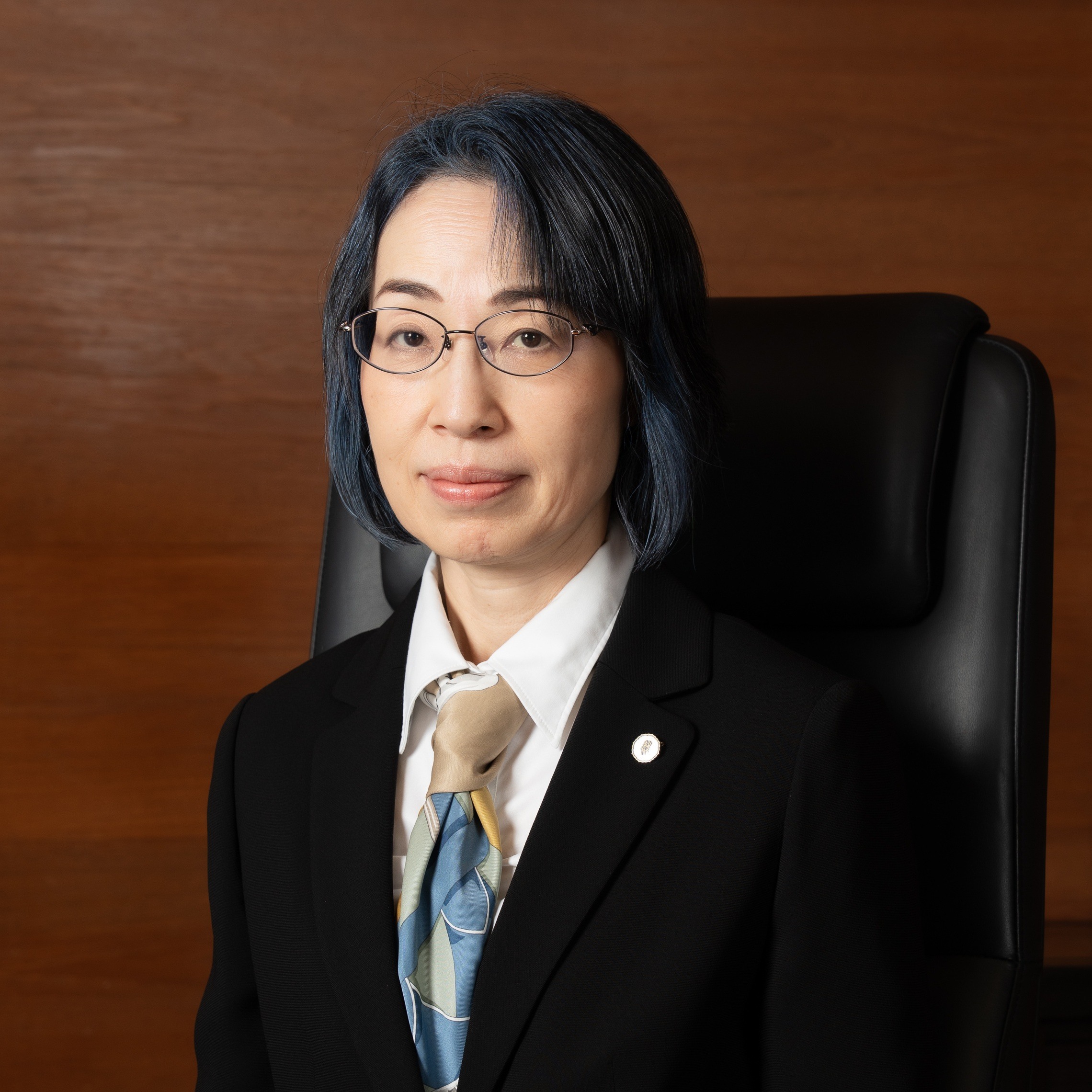OKINO Masami
Justice
OKINO Masami
Date of Birth: January 12, 1964

Career
Education:
Graduated from the Faculty of Law, University of Tokyo in 1987
Qualification:
Passed Japan’s national bar exam in 1986
Professional Career:
- 1987
- Research Associate, Faculty of Law, University of Tokyo
- 1990
- Lecturer, College of Social Sciences, University of Tsukuba
- 1993
- Associate Professor, Faculty of Law, Gakushuin University
- 1996
- LL.M., from the University of Virginia Law School in the United States
- 1999
- Professor, Faculty of Law, Gakushuin University
- 2002
- Legal Specialist, Civil Affairs Bureau, General Affairs Division, Ministry of Justice, (attached to Civil Affairs Bureau)
- 2004
- Professor, Graduate School of Law (Law School), Gakushuin University (concurrently Professor, Faculty of Law)
- 2007
- Professor, Graduate School of Law, Hitotsubashi University
- 2010
- Professor, Graduate Schools for Law and Politics, University of Tokyo
- 2025
- Dean, Graduate Schools for Law and Politics and Faculty of Law, University of Tokyo
- March 27, 2025
- Justice of the Supreme Court
Motto, hobbies, etc.
Things to Keep in Mind as a Justice
While keeping in mind the roles of the Supreme Court, I intend to engage with diverse perspectives and arguments from a multifaceted approach, carefully discerning what constitutes the law, and thereby living up to the trust placed in the Supreme Court.
Favorite Words
One of the short quotations that I have written down in my diary is, “The wind also blows, the clouds also shine.” The phrase is attributed to Hayashi Fumiko, but I have not confirmed that she was the source. I was familiar with her quotation, “The life of a flower is short and filled with suffering,” but when I saw it presented as continuing with “and yet” followed by this sentence, I felt encouraged and thought, “Yes, the wind blows, the clouds shine, and I will persist.” Another quotation is, “And yet, it knows the blue of the sky.” I haven’t confirmed the source of this either. It was presented as continuing from the well-known Japanese proverb, “A frog in a well does not know of the ocean,” and these words made me think that there may be something that I can do at times when I was repeatedly dismayed in my abilities as a scholar.
Books that Left an Impression on Me
Regarding the Civil Code, Shiba Ryotaro’s “Saigetsu (Years and Months)” and Shiroyama Saburo’s “Rakujitsu Moyu (The Setting Sun Burns)” left an impression on me. The former was also quite interesting to read as a depiction of legal codification during the Meiji Period. “Yo ni Sumu Hibi (Days of Living in This World)” and “Tobu ga Gotoku (As if Flying)”, also by Shiba, led me to think about the people of that time. The latter led me to a period of reading Shiroyama Saburo for some time after that. Works such as “Nezumi (The Rat)” and “Kanryo-Tachi no Natsu (The Summer of the Bureaucrats)” left a lasting impression on me. Others include Shiono Nanami. If I were to pick one title, it would be “Romajin no Monogatari (The Story of the Roman People)”. The expression “deeply moved me” describes the works of Suga Atsuko well. I enjoyed reading “Roku no Miya no Himegimi (The Princess of the Sixth Palace)” by Kitamura Kaoru. I like his works from the university era of “Watashi to Enshi-shisho (Me and Master Enshi)” series. In addition to the pleasure of solving mysteries, I am captivated by the books that are referenced. I have strong memories of many of his essays, which provide a strong impression of his being a “skilled reader.”
Hobbies
I enjoy reading and watching mysteries. I also like going to the theater, often seeing kabuki and musicals.
